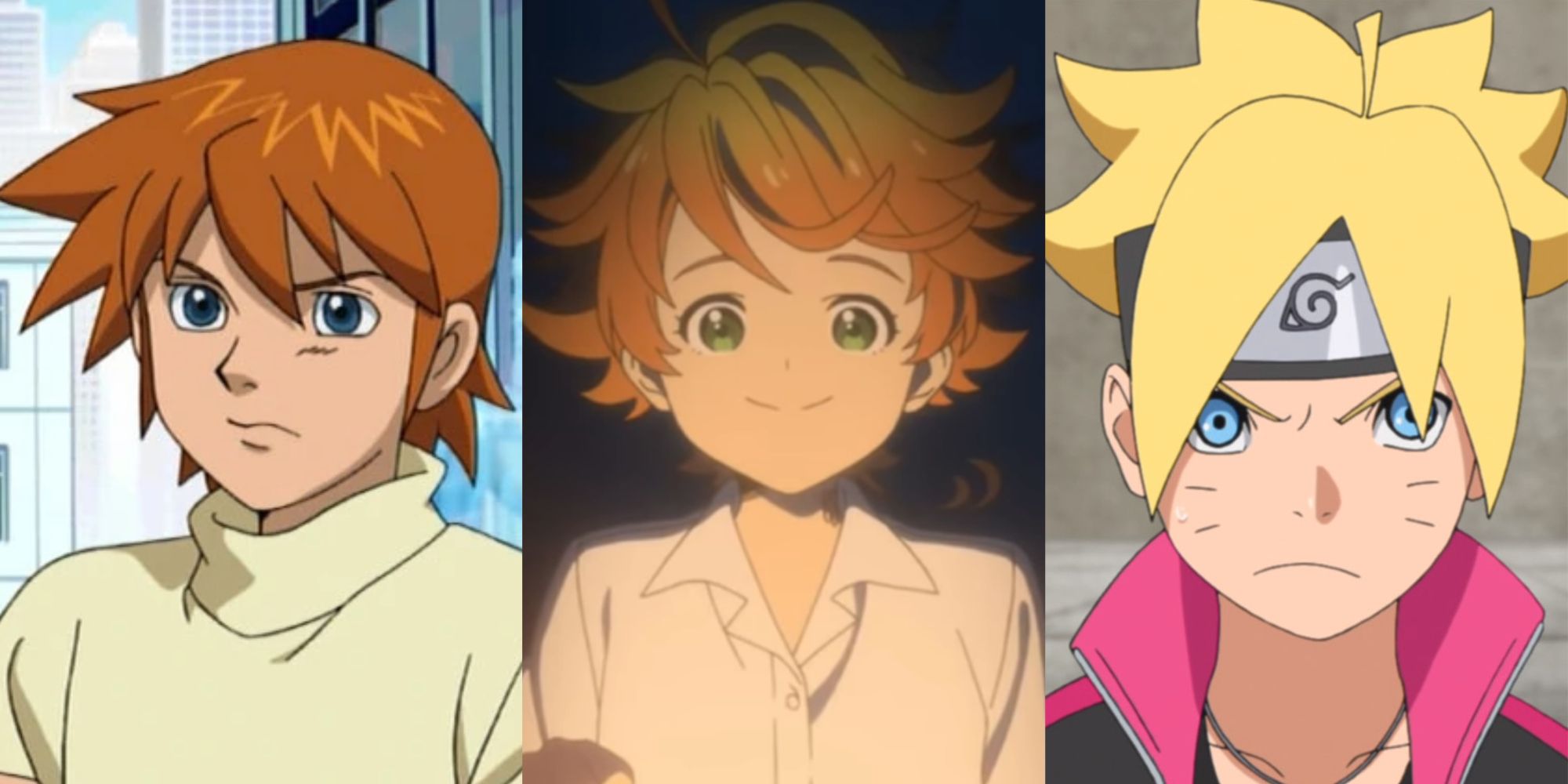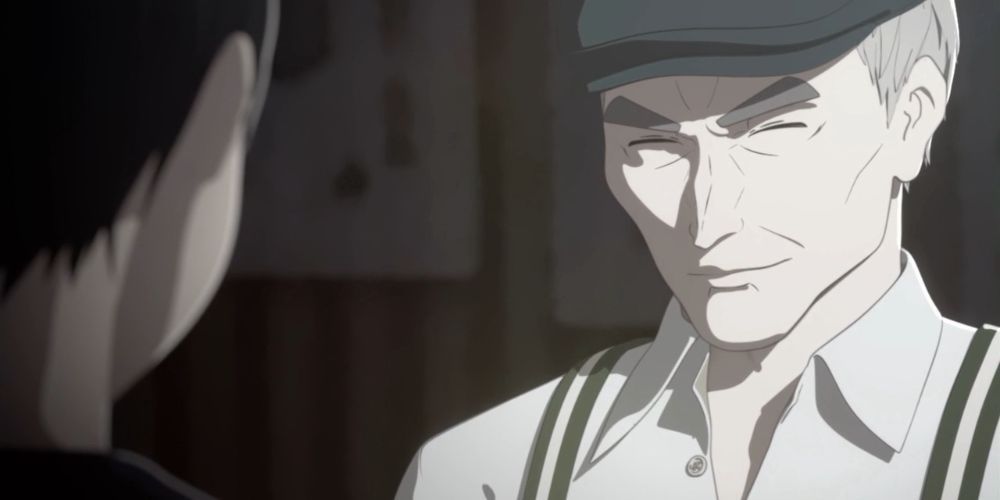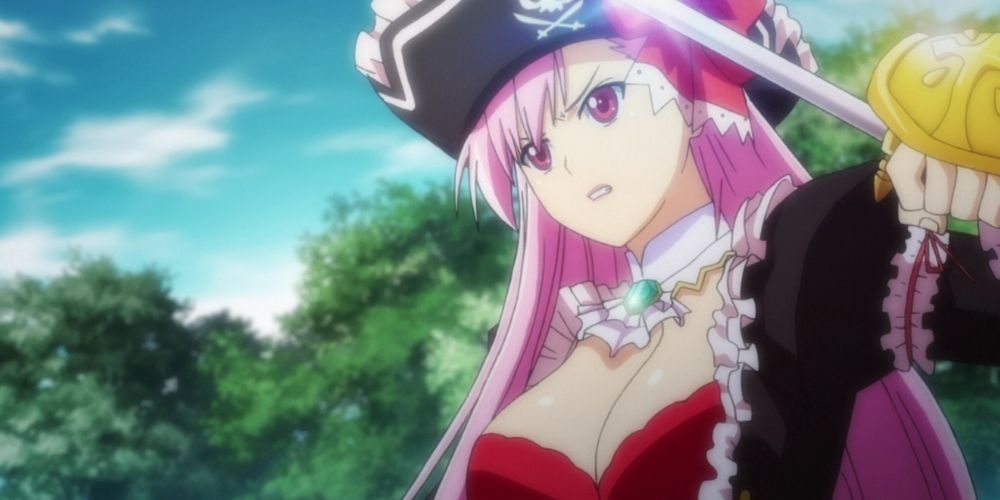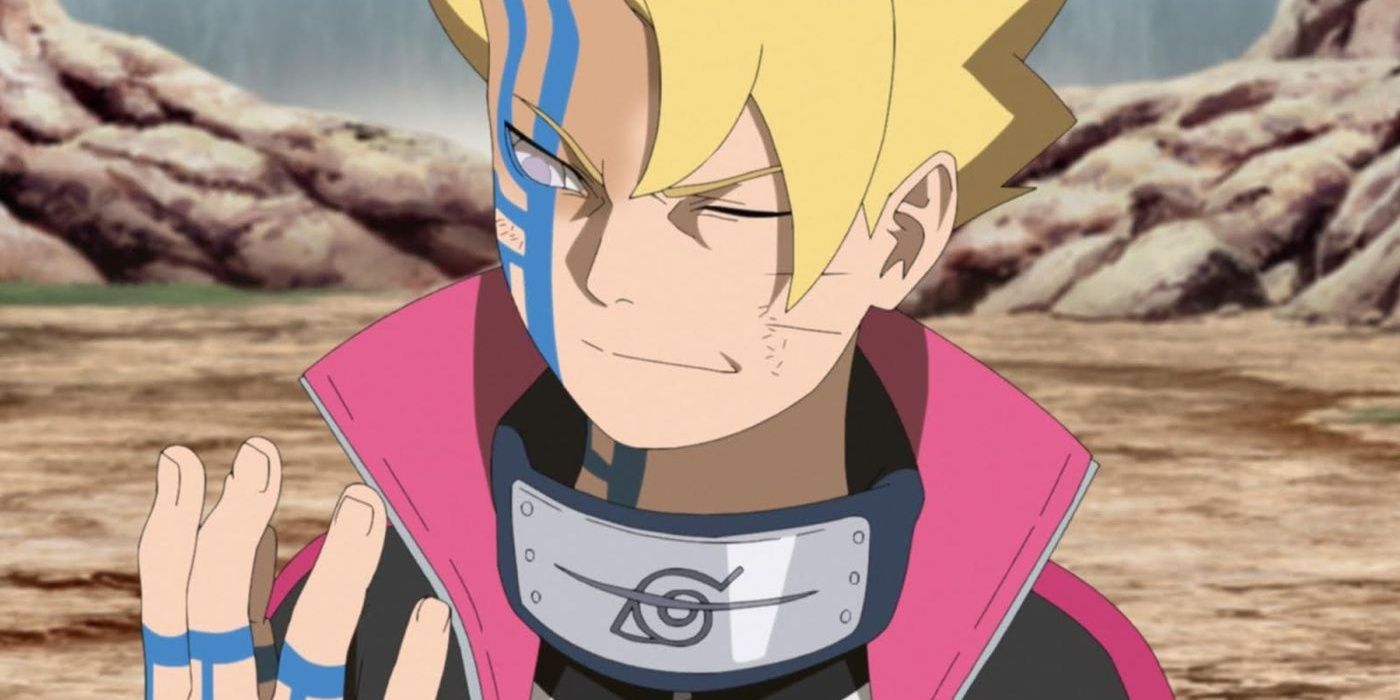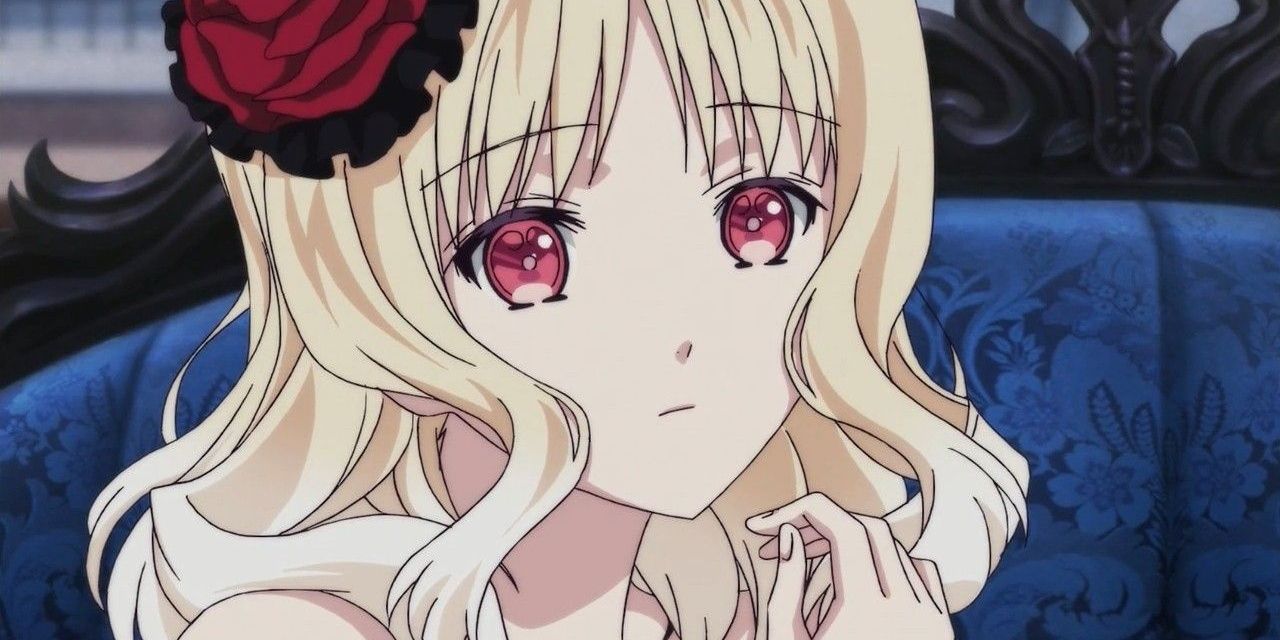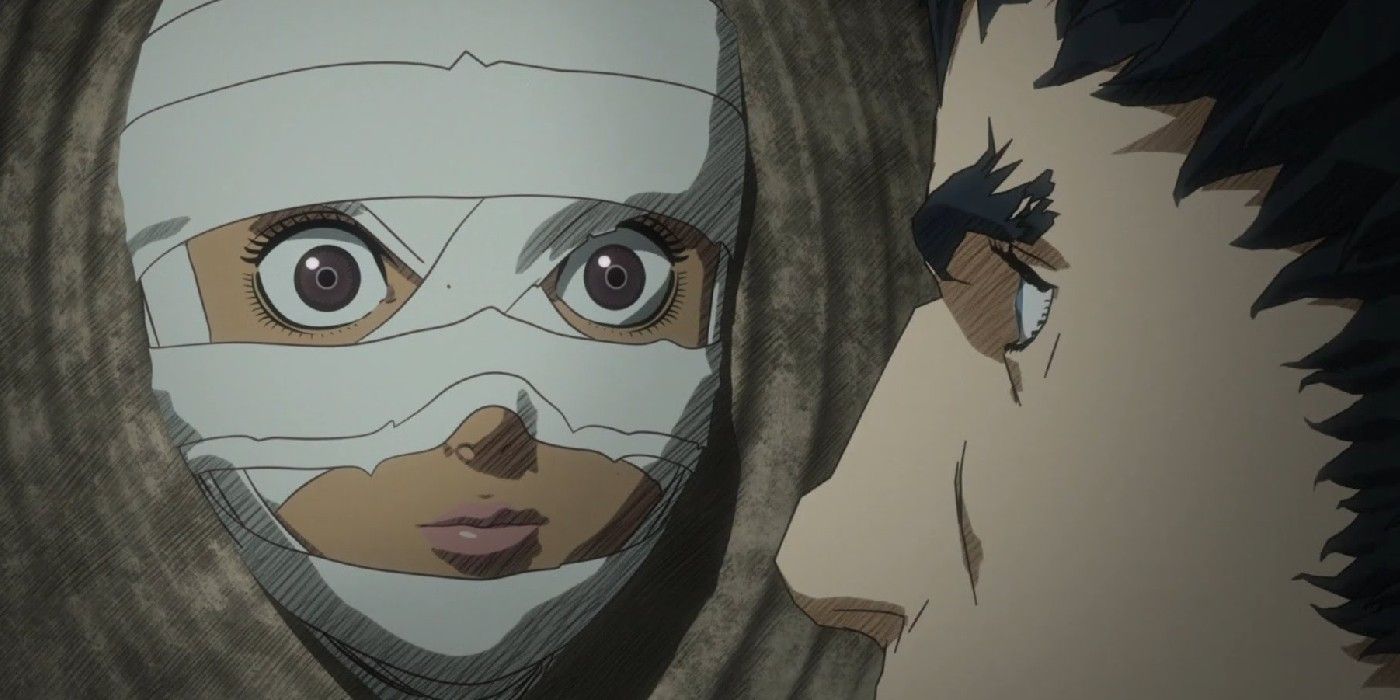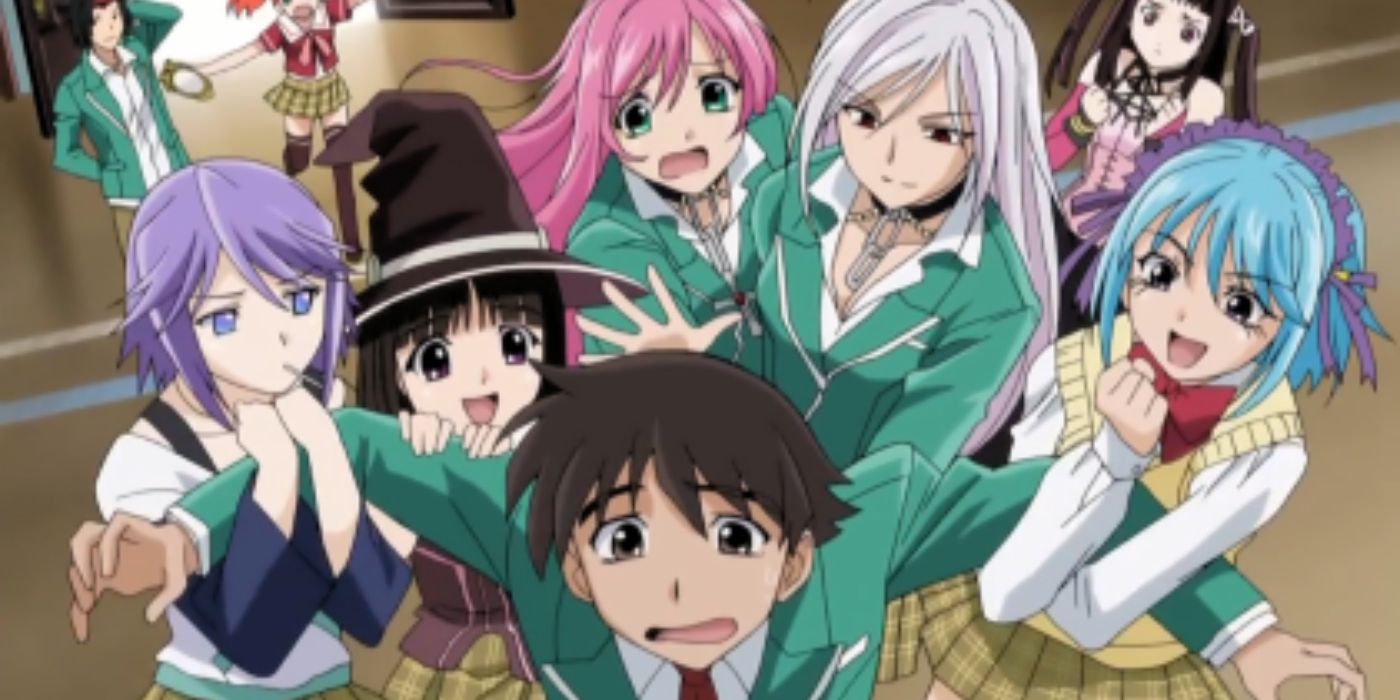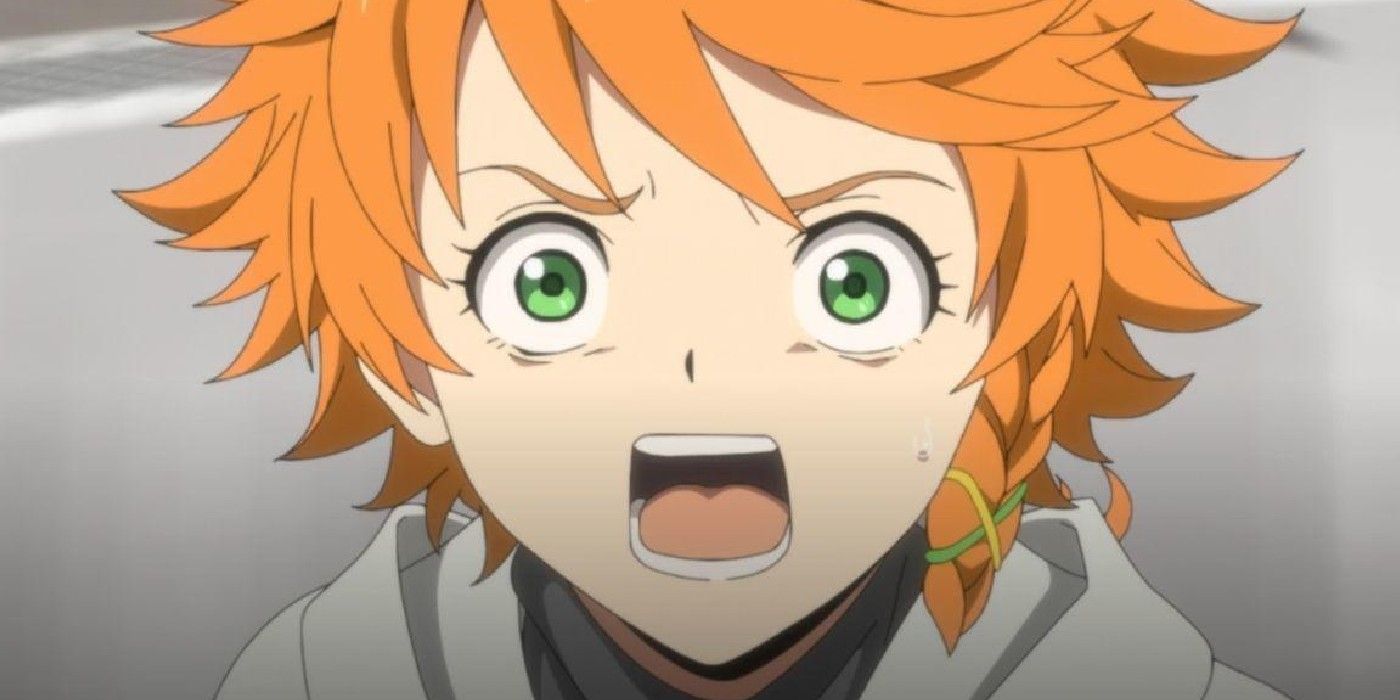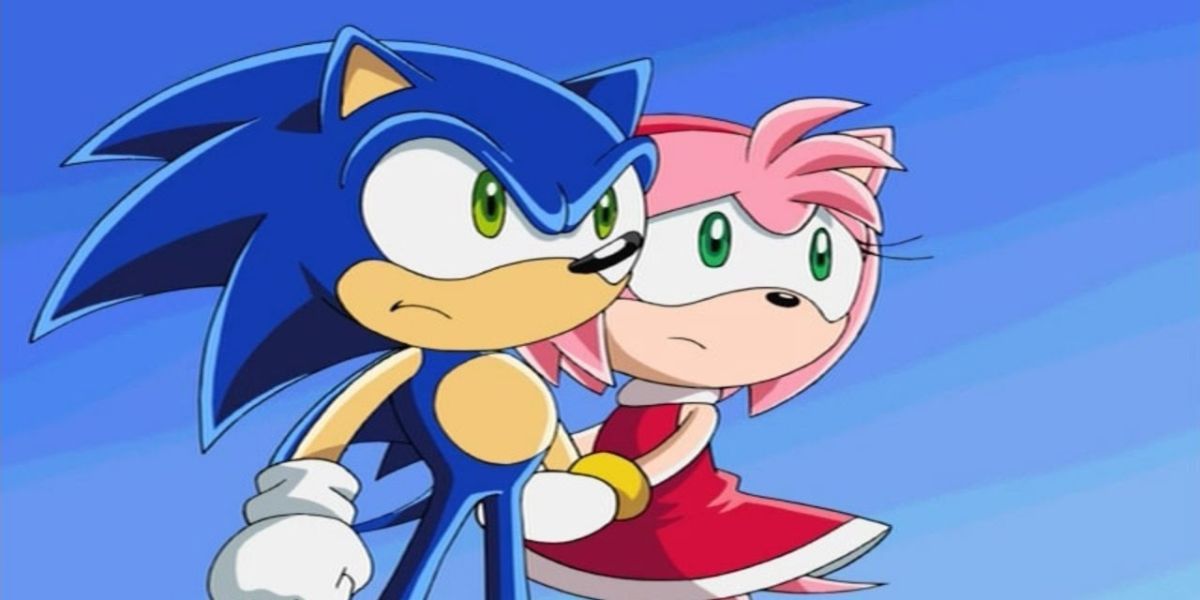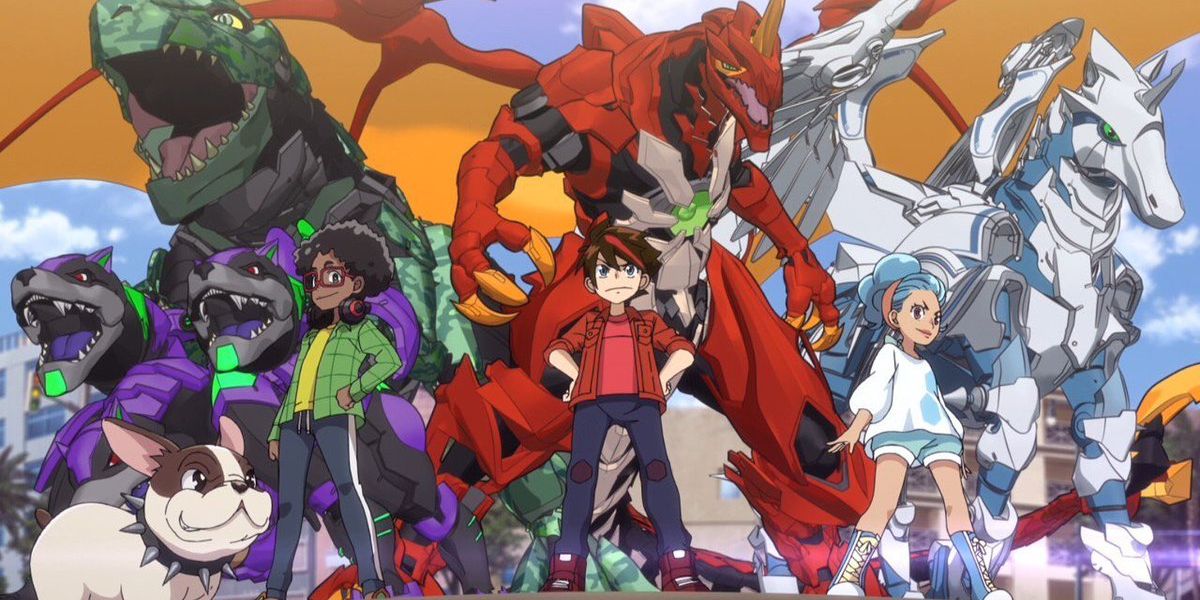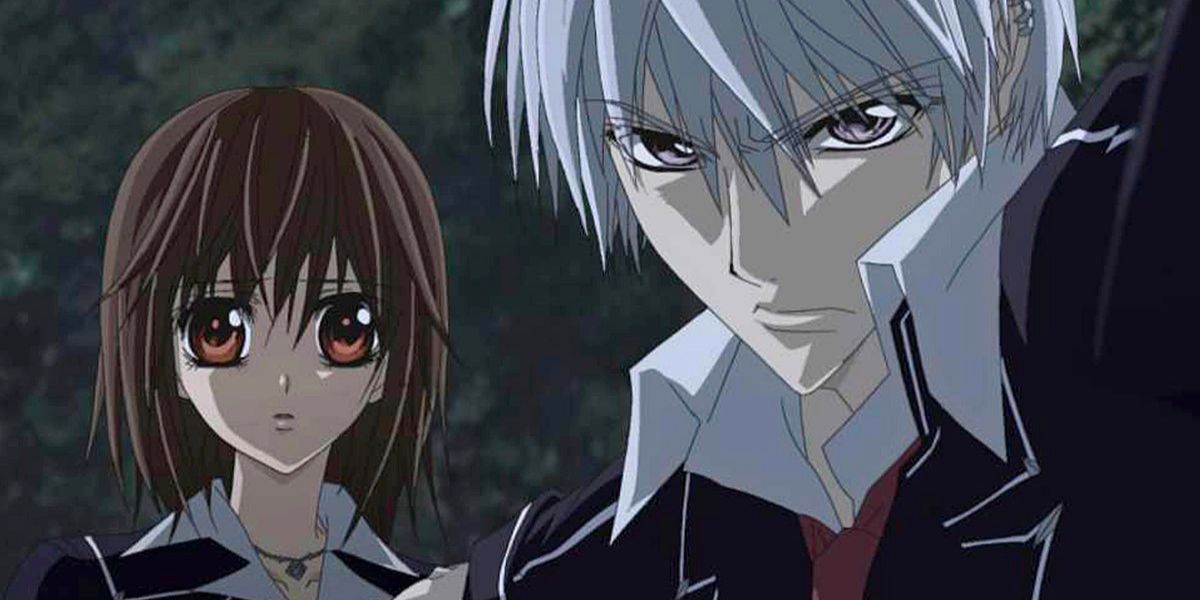Over the past few decades, the anime community has undergone incredible growth that resulted in the rapid proliferation of quality titles within the genre. Yet, for every critically acclaimed series like Neon Genesis Evangelion, One Piece, or Demon Slayer, countless others deserve less praise.
Most subpar anime don't stick around for very long, either being canceled due to a lack of demand or coming to their natural conclusion in a few episodes. However, despite their lack of success, a few of these terrible shows have been, for whatever reason, greenlit to receive a second season.
10 Ajin: Demi-Human's Visual Defects Ruined Its Potential
3D animation has been a highly polarizing topic in anime for years, and 2016's Ajin: Demi-Human is a perfect example of why the art style often leaves a bad taste in viewers' mouths. Its visual inconsistencies and awkward, undefined character models prevented many fans from engaging with the show's plot, holding back what could have potentially been a solid addition to the seinen genre.
Despite these issues, Ajin has accumulated a sizable following, some of which can likely be attributed to its release on Netflix's streaming service. Ultimately, this widespread exposure helped the show receive a live-action film release, multiple OVAs, and a second season that also aired on Netflix.
9 Queen's Blade's Fan Service Earned It Another Season
Despite its polarizing nature, plenty of anime watchers appreciate fan service. It's certainly become ingrained in the culture, and if there weren't a market for it, the concept probably would have received a different moniker at some point. That being said, Queen's Blade stands as an example of what happens when fan service is the only thing that a series offers.
The show's plot centers around a tournament between 12 women vying for the title of Queen. Still, thanks to its lack of interest in telling a cohesive story, Queen's Blade generally focuses on something else: over-the-top depictions of its female characters. As the adage goes, sex sells, and despite its middling reviews, this series received a second season the same year as its initial release.
8 Boruto Skates By On The Legacy Of Its Predecessor
The Naruto franchise developed as big of a following as any title in anime history; however, its sequel, Boruto: Naruto Next Generations, has fallen well short of reaching anywhere near the same level of success. Plagued by its poor animation and overuse of anime canon/filler episodes, the story of Boruto Uzumaki has mostly stayed relevant by riding its predecessor's coattails.
In retrospect, Boruto would have likely benefited from giving its manga the time it needed to release material, which would have allowed the anime to adapt more of its canonical events from the start. Instead, it plowed ahead, almost immediately being forced to dilute its product with events that had no bearing on its narrative. Thankfully, the Naruto legacy is likely too big to fail, so this series could very well redeem itself in the future.
7 Diabolik Lovers Didn't Take Advantage Of Its Opportunity
The disparity between the size of Diabolik Lovers' viewership and the positivity of its reviews is about as stark as any in anime — the show slots around #900 and #12,000 on MyAnimeList's popularity and review charts, respectively. Based on a light novel series of the same name, Diabolik Lovers' preceding reputation drew in many fans hoping for a decent adaptation.
To the disappointment of many, a decent adaptation was not what fans received. Diabolik Lovers is an absolute catastrophe plagued by its complete detachment from female viewers, who coincidentally happen to be the target audience of this two-season series.
6 Berserk's 2016 Reboot Didn't Capitalize On Its Stellar Legacy
Similar to Ajin: Demi-Human, Berserk was part of the wave of 3D-animated series released in 2016 that polarized anime audiences. The Berserk franchise is one of the most respected in the genre, but despite its stellar reputation, its 2016 anime release could not capitalize on the series' potential.
Horrific animation isn't the only thing that held this reboot back — it also watered down the intensely dark material that defines Berserk, resulting in a visually unappealing, PG-13 version of Guts' grueling journey. Although the franchise's reputation earned it another season and multiple films, its consistently low quality eventually led the anime to again go on hiatus.
5 Rosario + Vampire Fails Exactly As Expected
A rare confluence of everything critiqued about the harem genre, Rosario + Vampire centers around the story of Tsukune Aono as he adapts to Youkai Academy, a school full of menacing, human-killing monsters. There, he befriends Moka Akashiya, the school's most-beautiful student, who just so happens to be an incredibly powerful vampire capable of defending the helpless Aono.
Over-the-top fan service, a rinse-and-recycle narrative, and uninspired characters set the tone for this series, and it never gets around to undoing this perception. While the show does feature some decent animation and a solid soundtrack, Rosario + Vampire should consider itself lucky to have received a follow-up season.
4 The Promised Neverland's Follow-Up Season Destroyed The Franchise's Legacy
In all fairness, the first season of The Promised Neverland stayed faithful to its source material, featured beautiful animation, and included a stellar cast of voice actors who nailed their respective roles. However, the show's second season made the mind-boggling decision to completely alter its trajectory, yielding what is perhaps the most ineptly-handled production in anime history.
The Promised Neverland's second season decides to depart from the manga's events, yet inexplicably, it then turns around and attempts to summarize 100 chapters of its source material. All the while, the series takes a huge step back in virtually every other category as well. It's no surprise that the first season of The Promised Neverland received a follow-up release, but no one could have expected how much it would tarnish the title's legacy.
3 Sonic X Suffered From 4Kids' Ineptitude
As with many of the titles that 4Kids Entertainment aired, Sonic X's relationship with viewers is defined by whether they saw its original Japanese release or its heavily edited, poorly dubbed 4Kids adaptation. The latter of these two benefited from the size of the Sonic fanbase, which likely helped the series receive multiple seasons despite its underwhelming reviews.
While the 4Kids edit of Sonic X suffers from consistent mediocrity and an unoriginal, childish presentation, the original version presents a more mature narrative than the franchise typically receives. Its perceived edginess dissuaded 4Kids executives from a faithful adaptation, ultimately resulting in their misguided mess of a product.
2 Bakugan Battle Brawlers Hasn't Aged Well
Comparing series like Bakugan Battle Brawlers to anime's more critically acclaimed titles is a bit unfair, given the show's target demographic is children under 13. However, that doesn't excuse it from the appropriately-placed criticism surrounding its trope presentation and poor voice acting.
Bakugan is capitalizing upon the success of better series like Pokémon and Yu-Gi-Oh!, relying on the same marketing-driven approach that made them media giants. Although nostalgia elevates the experience of watching Bakugan, as an adult, it has lost its sheen.
1 Vampire Knight's Useless Protagonist Holds The Series Back
Vampire-filled romance stories saturate every fictional medium, and as evidenced by Vampire Knight, anime is not excluded from this trend. Released during the peak of the Twilight craze, Vampire Knight follows Yuki Cross as she navigates Cross Academy, a school split between two different student bodies: humans and vampires.
In terms of production value, the series doesn't suffer in any specific area; however, its helpless protagonist does a solid job of covering the slack and turning Vampire Knight into an overly predictable slog. Cross' repetitive damsel-in-distress characterization holds not only her, but the entire show back, and it likely played a role in the series falling out of favor after the release of its second season.

